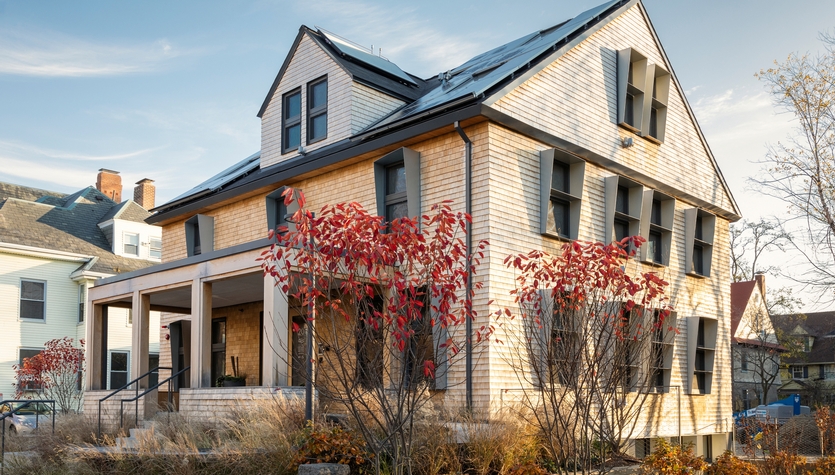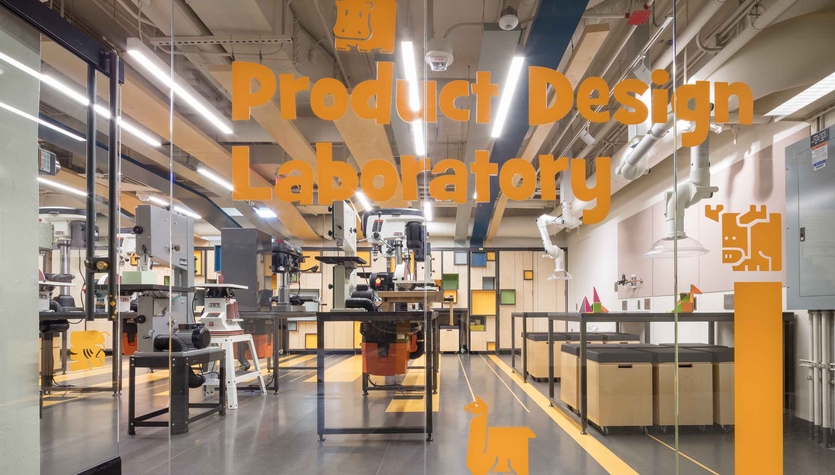Harvard Center for Green Buildings and Cities
Owner:
Harvard Center for Green Buildings and CitiesArchitect:
SnøhettaOPM:
CSL ConsultingScope:
Living-Laboratory and PrototypeLocation:
Cambridge, MA
The Harvard Center for Green Buildings and Cities (CGBC) at the Harvard Graduate School of Design (GSD) completes HouseZero, the retrofitting of its headquarters in a pre-1940s building in Cambridge into an ambitious living-laboratory and an energy-positive prototype for ultra-efficiency that will help them to understand buildings in new ways. The design of HouseZero has been driven by radically ambitious performance targets from the outset, including nearly zero energy for heating and cooling, zero electric lighting during the day, operating with 100 percent natural ventilation, and producing zero carbon emissions. The building is intended to produce more energy over its lifetime than was used to renovate it and throughout its subsequent operation.
Leveraging HouseZero as both a workspace and a research tool, the CGBC will use millions of data points from hundreds of sensors embedded within each component of HouseZero to continually monitor its performance. This sensory data will also provide Harvard’s researchers with an unprecedented understanding of complex building behavior. This data will in turn, fuel research involving computational simulation, helping the CGBC develop new systems and data-driven learning algorithms that promote energy-efficiency, health, and sustainability.
HouseZero’s flexible, data-driven infrastructure will allow us to further research that demystifies building behavior, and design the next generation of ultra-efficient structures. By creating both a prototype and an infrastructure for long-term research, we hope to raise interest in ultra-efficient retrofits and inspire substantial shifts in the design and operation of buildings.
- Ali Malkawi, Founding Director of the Harvard CGBC















